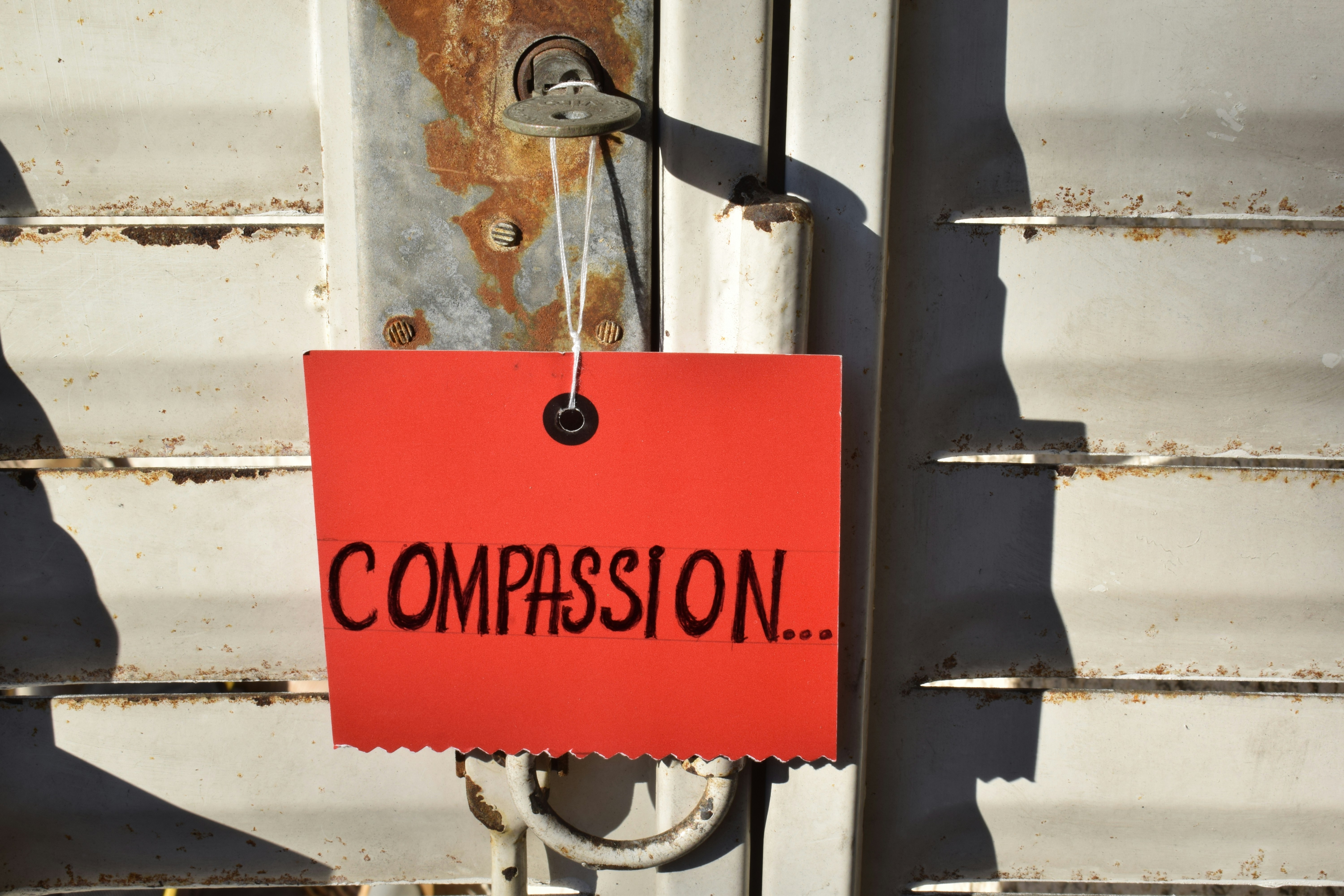Understanding the Impact of Our Actions
Every action we take has a profound impact on the world around us. Whether good or bad, our choices create a ripple effect that can extend far beyond our immediate surroundings. Understanding this duality is crucial for fostering a responsible community where individuals acknowledge and act upon their capacity to influence others positively. The interconnectedness of society means that our actions can either uplift or harm those within it.
When we engage in harmful behavior, the implications can be extensive. Acts of aggression, dishonesty, or neglect can inflict physical or emotional pain on others, resulting in a cycle of negativity. This cycle often perpetuates further harm, as those affected may respond in kind, leading to a community defined by distrust and animosity. For instance, a single act of bullying can create an environment where fear prevails, prompting others to either withdraw or retaliate, thus amplifying the initial negativity.
Conversely, when we choose to act in a positive manner—be it through acts of kindness, support, or advocacy—we contribute to a more compassionate world. The responsibility rests upon each of us to recognize our potential for good and to act upon it. Even small gestures, such as lending a listening ear or offering assistance to someone in need, can create significant, positive change. These actions not only benefit the individual on the receiving end but can inspire bystanders to also engage in similar behaviors, fostering a culture of kindness and support.
Furthermore, inaction can be equally impactful. When individuals have the capacity to help yet choose not to intervene, they miss the opportunity to contribute to the greater good. This negligence can lead to feelings of helplessness within communities, eroding trust and cooperation. Acknowledging our responsibility in both action and inaction is vital for creating a society that encourages positive development and discourages harm.
The Weakness of the World vs. the Strength of the Creator
The notion of a world rife with weakness and suffering is a common theme across various philosophical and spiritual texts. Humanity faces numerous challenges, from interpersonal conflicts to systemic injustices, which often lead individuals to a place of despair. This view of the world as fundamentally flawed can provoke feelings of helplessness and cynicism. However, juxtaposed against this landscape of hardship is the concept of a Creator endowed with ultimate strength and power. This duality raises profound questions about our role and responsibility within such a world.
Many belief systems propose that while the world may reflect imperfection and pain, it is the Creator’s will that underpins the foundation of existence. This perspective shift encourages individuals to view their circumstances through a lens of responsibility rather than victimhood. Recognizing that the Creator embodies an ideal of goodness inspires us to strive for moral actions, no matter how challenging our conditions may be. The philosophy suggests that acknowledging the weakness in the world can ignite a commitment to effect positive change, thereby aligning ourselves with the Creator’s strength.
This dynamic has the potential to motivate people to look beyond their immediate environment and recognize the ways in which they can contribute positively to society. Engaging with the world’s imperfections does not lead to despair; instead, it can fuel proactive efforts to uplift others and foster a sense of community. By embracing the belief that each individual has a role in mitigating suffering and enhancing the collective good, we can transform our understanding of existence to include both the acknowledgment of weakness and the reclamation of strength. This interplay ultimately leads to a more profound sense of purpose and connection to the Creator’s intentions.
The Importance of Choosing Not to Harm
In the complex landscape of human morality, the act of choosing not to inflict harm emerges as a fundamental principle in ethical behavior. While the maxim to “do no harm” may seem simplistic, it embodies a profound commitment to personal and societal responsibility. Acknowledging that our actions can affect others profoundly urges individuals to deliberate carefully before proceeding with any action that could result in harm. This awareness becomes especially crucial in situations where one perceives inaction as the only available option when positive deeds seem too challenging to undertake.
Refraining from causing harm does not equate to passivity; rather, it represents a meaningful choice grounded in ethical considerations. For instance, consider the example of whistleblowers who choose to expose wrongdoing in their workplaces. Their decision not to participate in unethical practices creates a ripple effect that can inspire change and accountability. Conversely, those who remain silent in the face of injustice may inadvertently tacitly endorse the status quo, contributing to a cycle of negativity.
The benefits of adopting a non-harmful mindset extend beyond the immediate ethical implications. Individuals may experience enhanced inner peace, as the burden of guilt is alleviated when one consciously chooses the path of compassion. Moreover, when communities collectively strive to minimize harm, a culture of kindness and understanding flourishes, leading to healthier relationships and social environments. The commitment to refraining from causing harm cultivates a sense of interconnectedness, wherein individuals recognize their shared responsibility toward others and the world at large.
By embracing the importance of choosing not to harm, both on personal and communal levels, we can foster a more compassionate society. Acknowledging that even inaction can be a powerful statement reinforces the notion that every choice matters in shaping a world that values empathy and respect.
Taking Responsibility: Becoming a Force for Good
In an increasingly interconnected world, the impact of individual actions resonates more than ever. It is essential for each person to recognize their role in shaping the environment around them, understanding that personal responsibility plays a significant part in fostering positivity. By reflecting on our choices, we can strive to be a force for good, influencing not only ourselves but also our communities and the world at large.
Empathy emerges as a fundamental component of this transformation. When individuals begin to understand and appreciate the feelings and experiences of others, they cultivate a sense of connection. This connection can motivate one to act thoughtfully, considering the ramifications of their decisions on those around them. Fostering empathy can be achieved through active listening, engaging in conversations, and seeking diverse perspectives, paving the way for more compassionate interactions.
Additionally, mindfulness serves as a powerful tool in promoting responsible behavior. By practicing mindfulness, individuals can become more aware of their thoughts, emotions, and actions. This heightened awareness often leads to more deliberate choices, reducing impulsivity and ensuring that actions do not inadvertently inflict harm. Mindfulness encourages taking a moment to consider the potential implications of one’s behavior on others, reinforcing the importance of constructive contributions.
Community engagement further amplifies individual responsibility. By participating in local initiatives or volunteering for causes that resonate with one’s values, individuals can actively contribute to creating positive change. This involvement not only cultivates a sense of belonging but also enhances the collective well-being of the community. Individuals can discover opportunities to lend support, share skills, or offer resources, all of which contribute to building a nurturing environment.
Ultimately, each person can choose to be mindful of their impact on the world. Embracing empathy, practicing mindfulness, and engaging with the community empowers individuals to make meaningful contributions. As a result, not only do we enrich our own lives, but we also cultivate a culture of positivity, reflecting our responsibility to the larger community.

